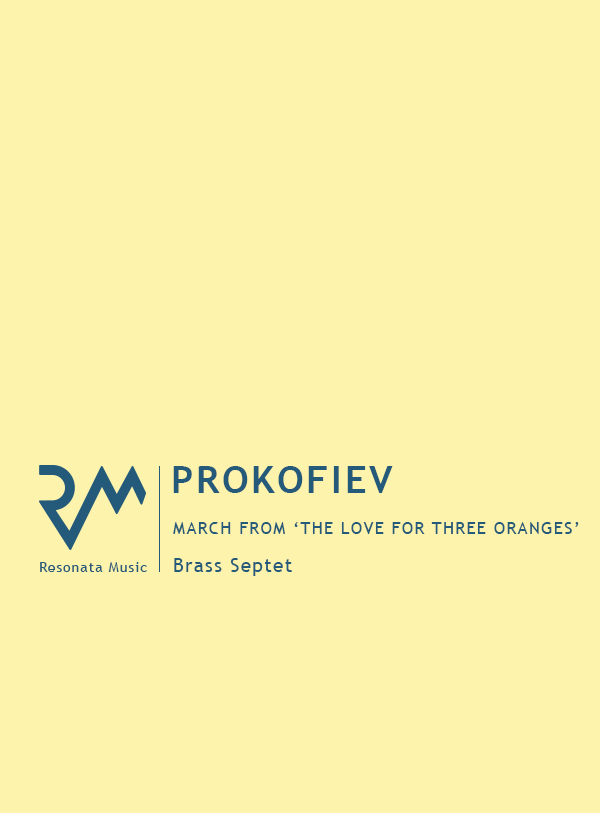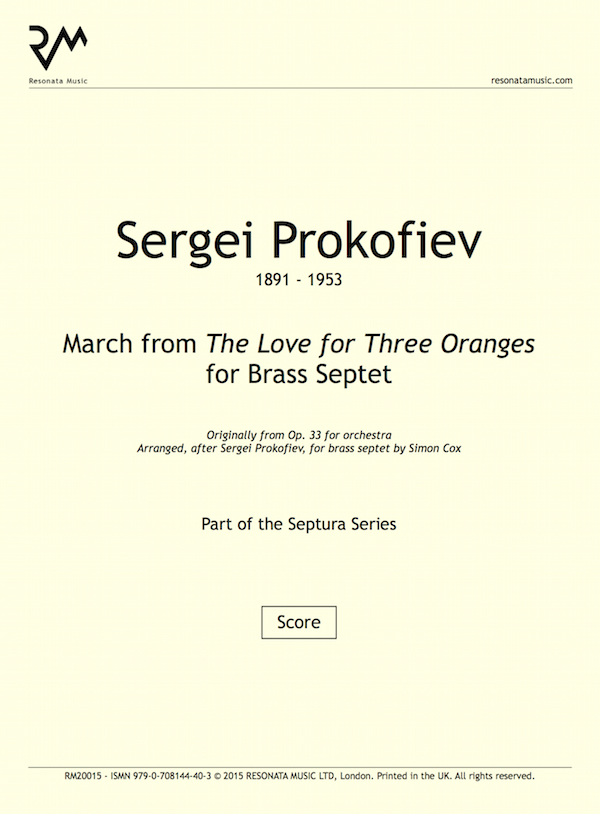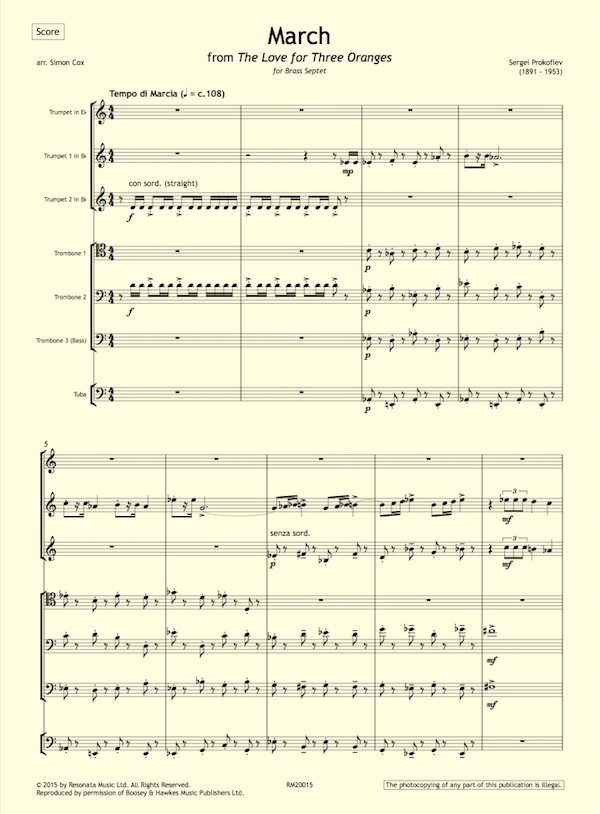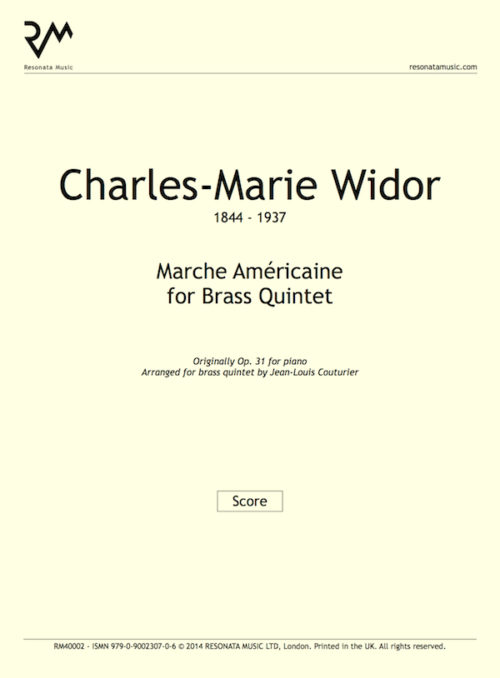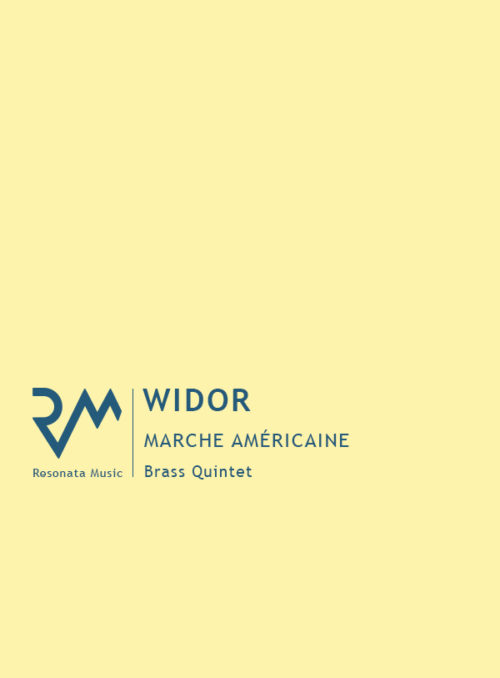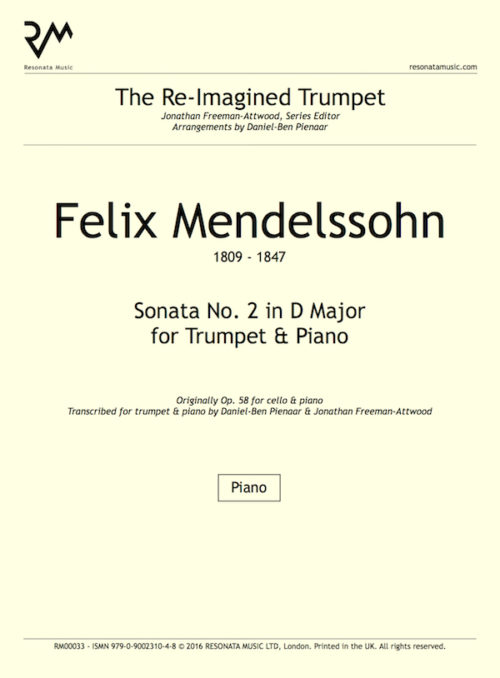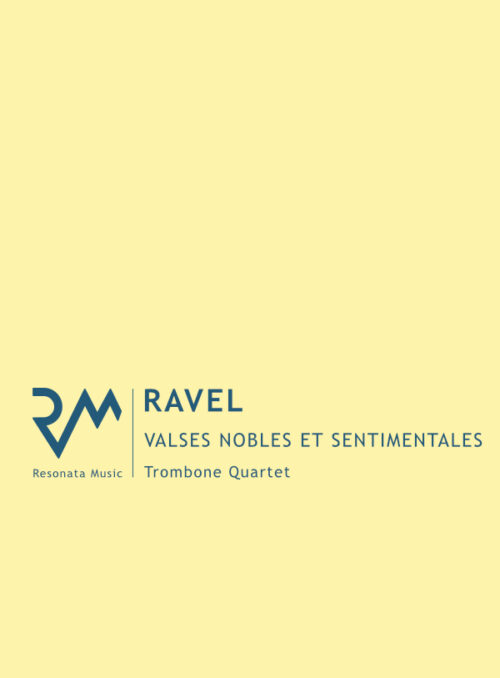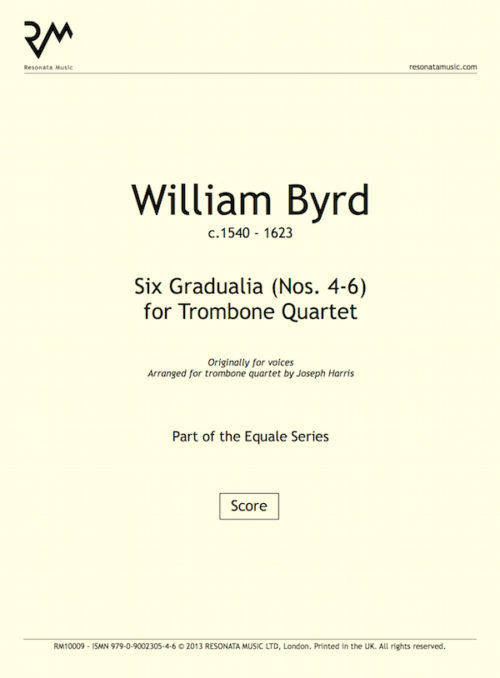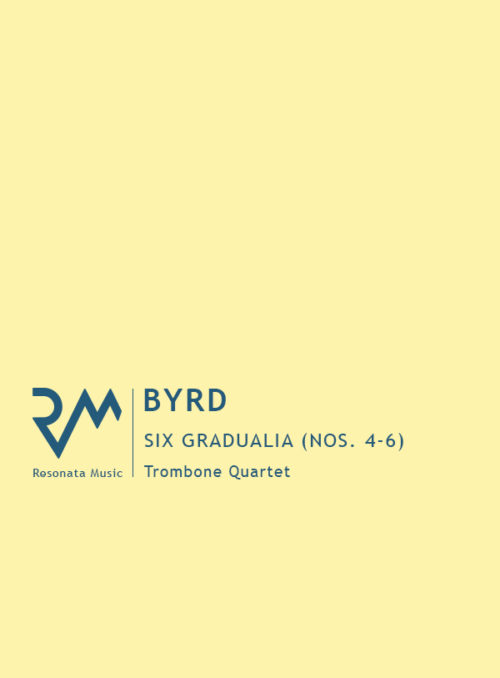Description
Although Prokofiev was without doubt one of the most original and distinctive voices of the early twentieth century, his reputation in the West was diminished by Cold War antipathies, and his music has perhaps never been celebrated as much as that of Stravinsky and Schoenberg. However, whereas those composers eventually threw out the centuries-old harmonic system and turned to atonality, Prokofiev’s unparalleled gift was to create original music that remained tonal.
Prokofiev left Russia after the revolution, believing the country “had no use for music at the moment”, and from 1918 he spent four years in America. On the lengthy voyage there he came across a commedia dell’arte play, The Love for Three Oranges, by the Venetian playwright Carlo Gozzi, and remarked that “the play, with its mixture of fairy tale, humour and satire, had a strong appeal to me”. He was commissioned to compose the opera in Chicago, and completed the piece in 1919. The grotesque March, actually the entr’acte connecting the first scenes of the second act, gained huge popularity as part of a six-movement concert suite that Prokofiev produced in 1924; he had previously arranged it for piano, and it is this version that is transcribed here for brass septet.
Matthew Knight
Parts included:
- Score
- Trumpet in E-flat
- Trumpet 1 in B-flat
- Trumpet 2 in B-flat
- Trombone 1
- Trombone 2
- Trombone 3 (Bass)
- Tuba
Purchasing this product entitles you to download it three times. You will receive an email with a link to download your files upon completing payment.

